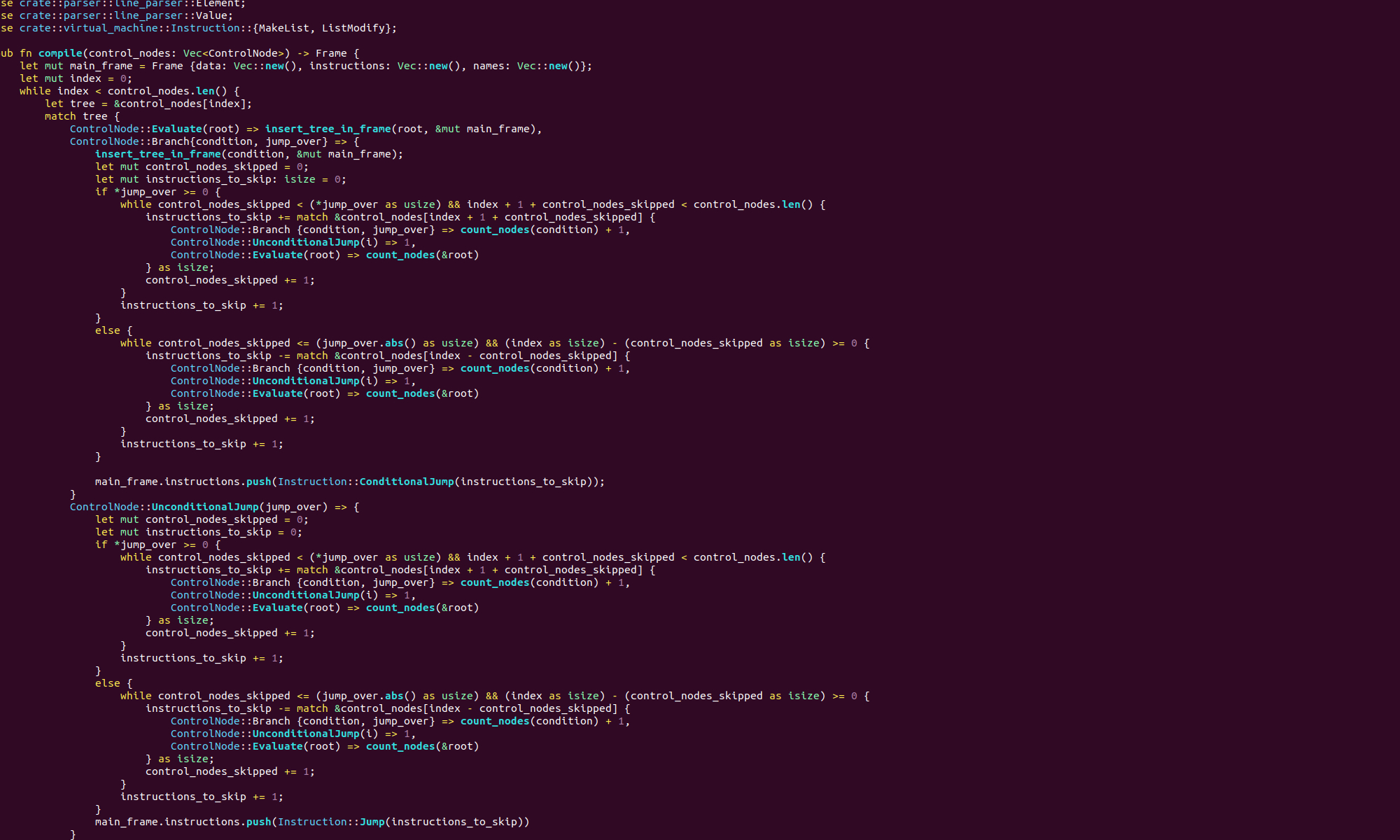This book is a classic. It doesn’t cover any particular language or technology, instead it provides general advice to the aspiring software developer. This advice is organised as seventy separate aphorism. Each of these numbered tips gives a general recommendation to improve your work. There is a lot of good advice in this book, and I can’t really cover it all in a single post. So I’m just going to try and cover some of the main themes and the parts that I did not agree with.
Modularity is a theme that comes up again and again. The authors advocate for code that is cleanly divided into orthogonal modules with clear APIs. This is, of course, very good advice. Another mantra they return to repeatedly is “DRY – Don’t repeat yourself”. Again, this is broadly good advice, you should definitely avoid unnecessary duplication. But in reality you are going to have to repeat yourself. In fact repeating yourself is often the best option. Another major theme is to avoid programming by coincidence. Again this is broadly good advice. You should not just randomly permute things until they work. However, sometimes this is the only way to find out how things do in fact work.
The authors also advocate for fixing issues whenever you see them. Sure this is a good idea. But the reality of a large complex system is that it just isn’t really possible. In a large evolving legacy code base, you will see a lot of awful code. If you fixed every issue you came across you would never get any work done. Also this kind of tinkering can be pretty dangerous.
The authors strongly recommend making your code highly configurable. They advocate for a model of software where you can completely change the behaviour of your binary with a change to a config file. In my opinion this is an anti-pattern. It makes code execution unpredictable. It makes reading and reasoning about code hard. Having to carefully trace how config values percolate through the code base can be a nightmare. Also, it leads to a lot of dead code, if no one is sure what code is actually used, old code will just be left to rot.
I think that the biggest overall issue with this book is that it is old: it was published in 1999. So a lot of the advice is out of date. I don’t mean that it has since proven to be wrong, but that it is now so widely accepted that you won’t need to read the pragmatic programmer to find it, it will just be part of any normal software development job. For example there is an entire section about how you should use source control. They also recommend using nightly tagged builds as well as integrating testing into your build process. There is even advice on how to use email!
Another problem with this book is that there are very few concrete examples given. This does help to keep the book relatively light and readable. But it makes it hard to relate the general tips to real world programming.
On the whole, this is a good book. It can be quite vague and dated, but there is definitely useful advice in there. I should say that a new edition of this book was published while I was reading it. I assume that it has been updated appropriately, however I didn’t read it so I really can’t say.
